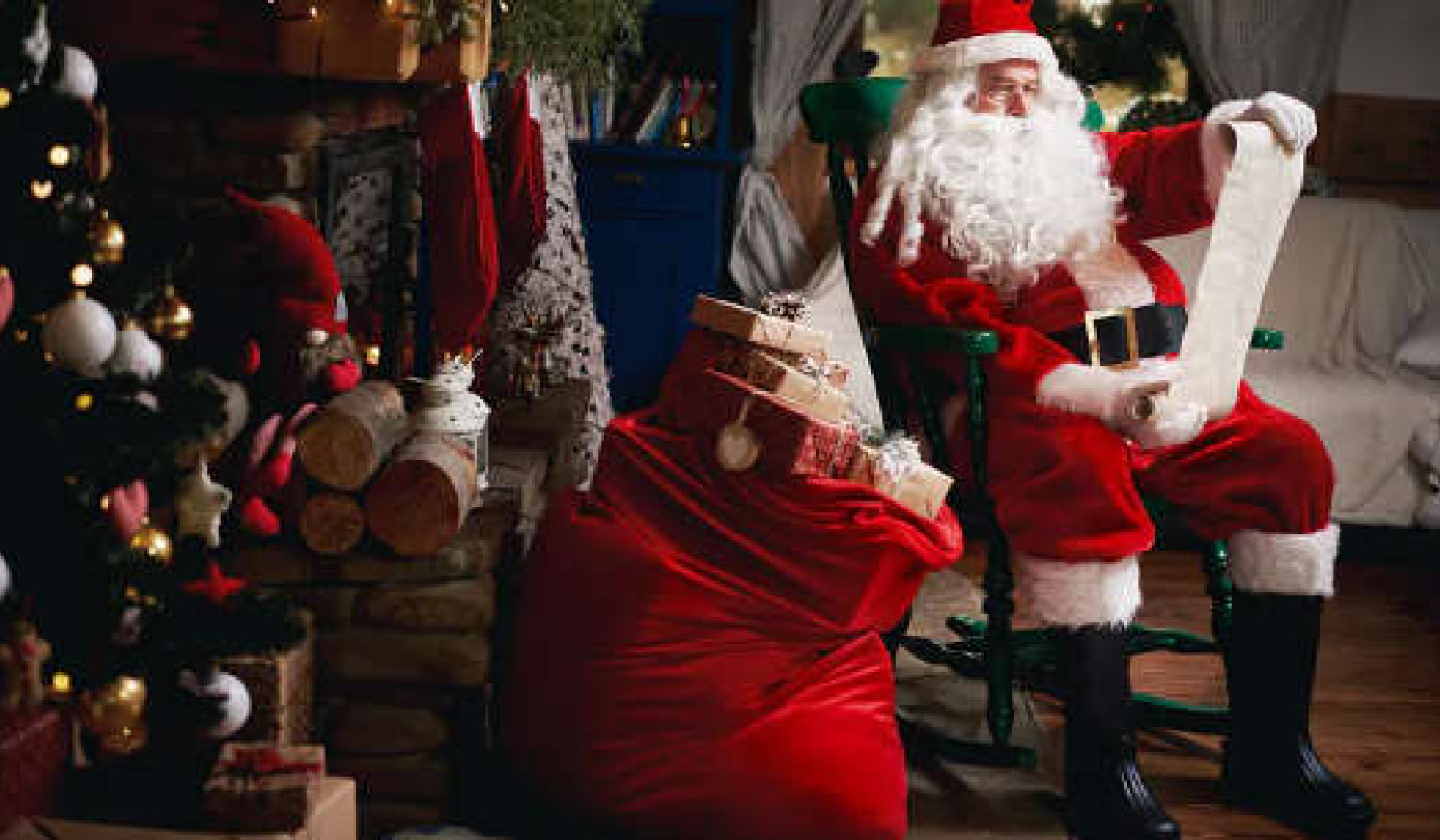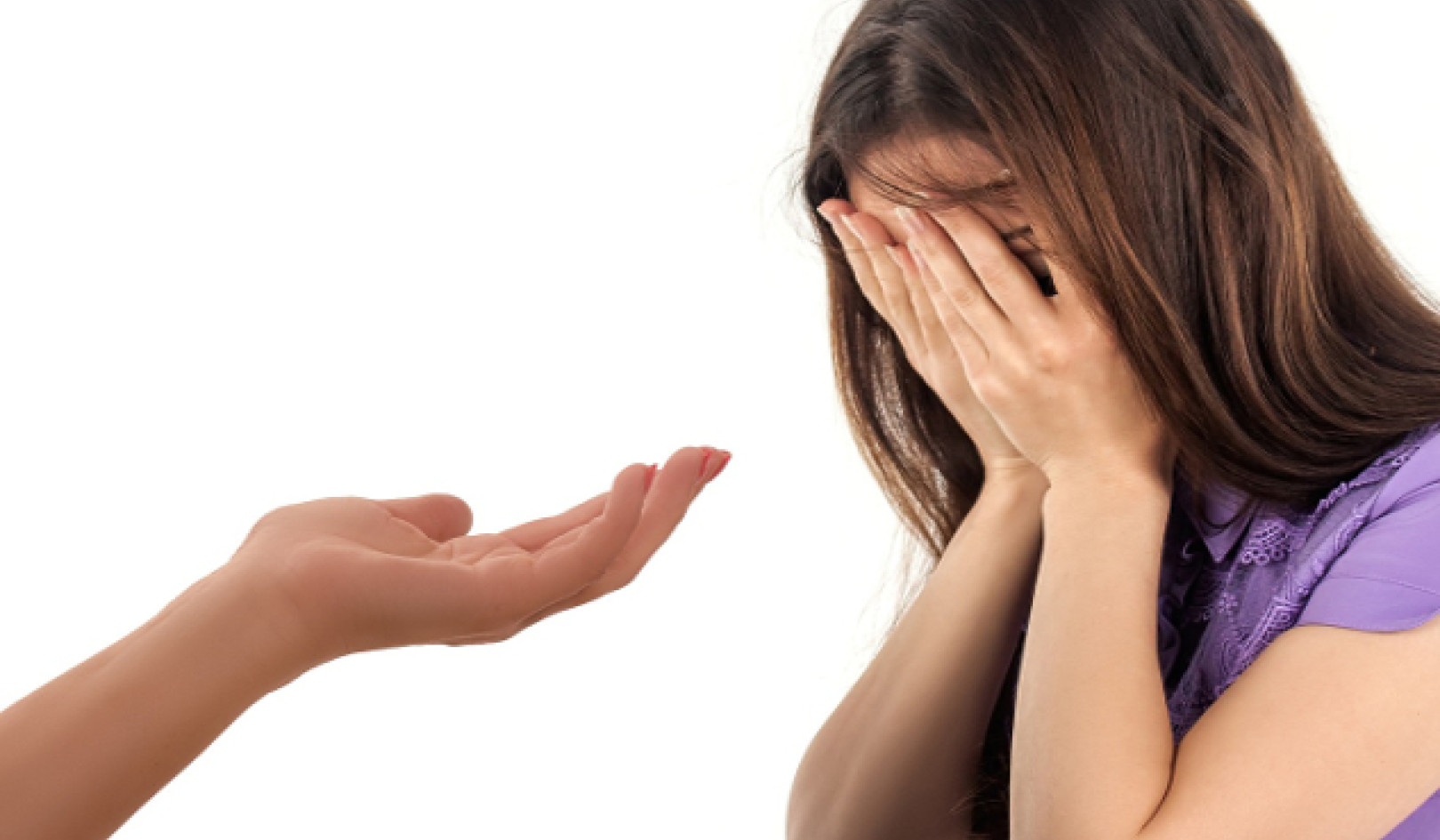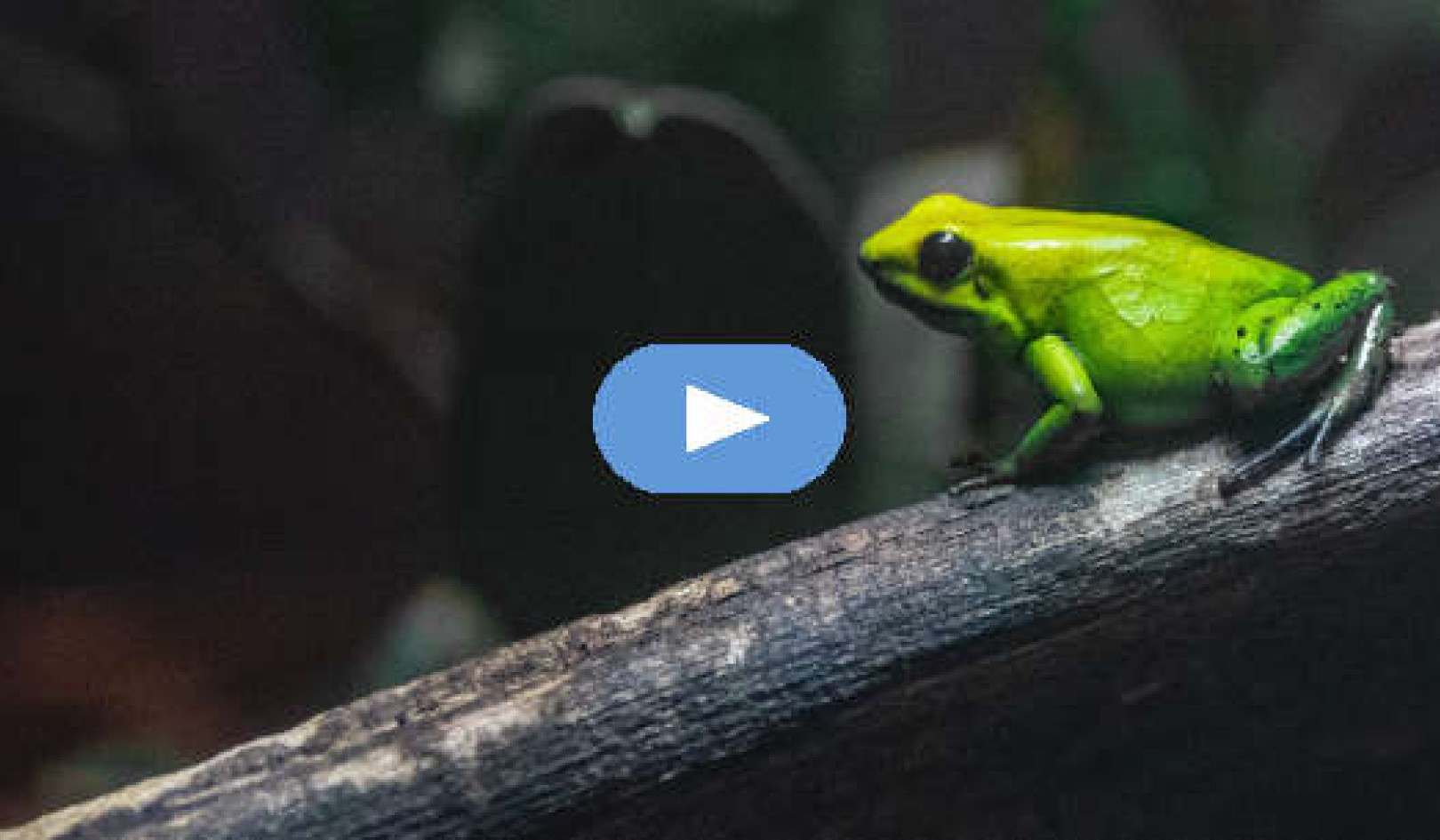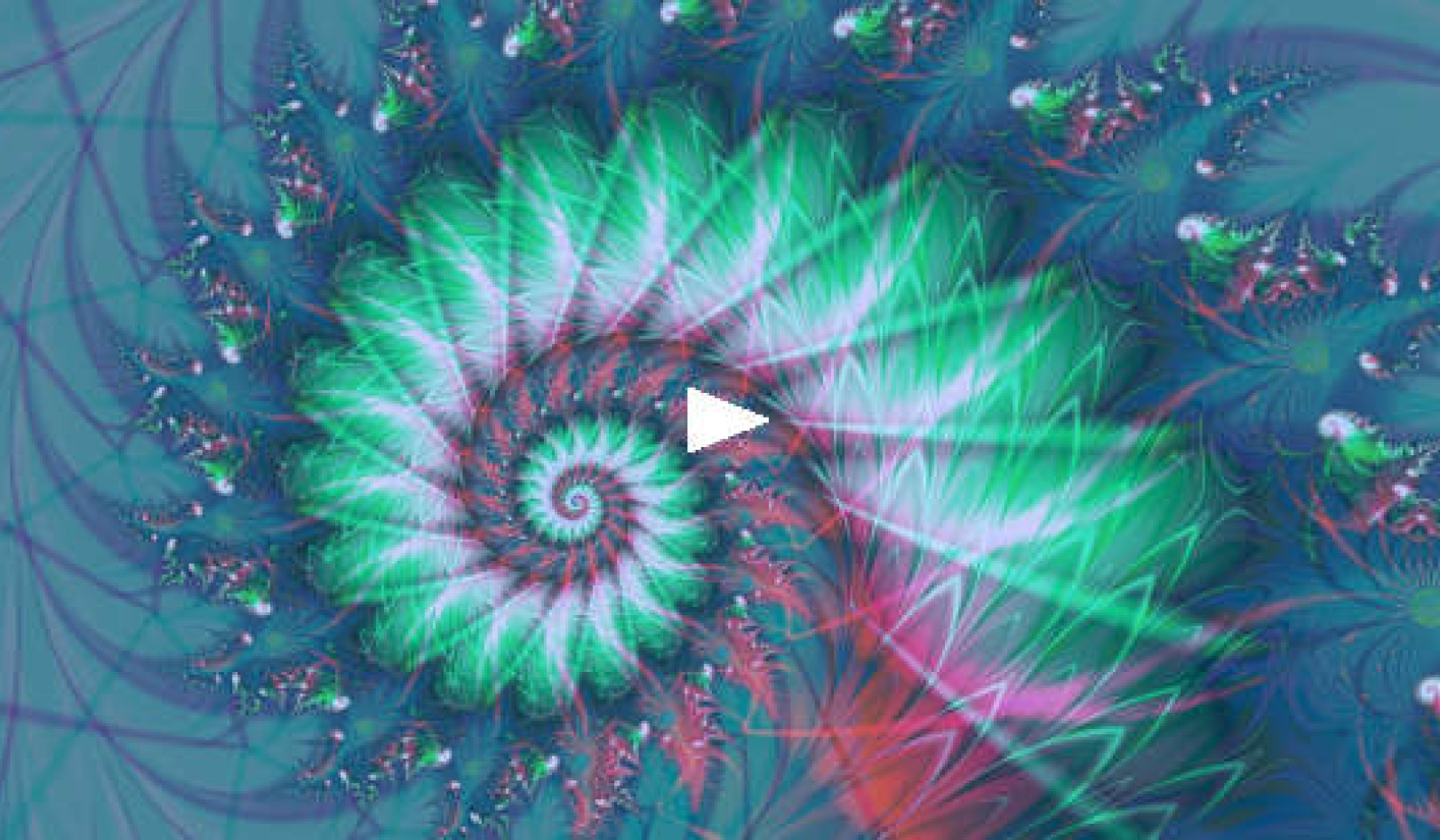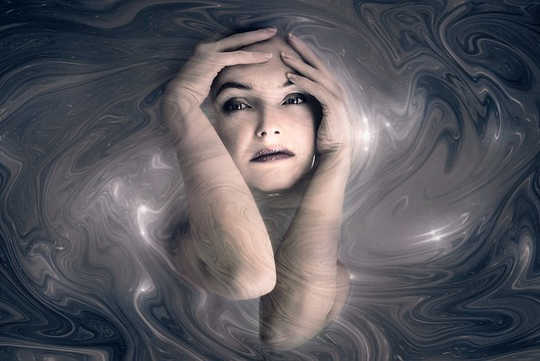
Cynicism seems to have a lot going for it in the modern world. Any cynic worth his salt would say it’s always been the best policy.
I know that I didn’t give up cynicism until it utterly failed me as a means of self-protection. I reached a point in life where I had nothing left to lose but life itself, and even that didn’t look like much to hold onto. As I began to understand the psychological roots of my physical collapse, it became clear that my cynical, stressful attitudes toward life had delivered me into this catastrophic condition.
But that wasn’t the biggest surprise I experienced. The real shocker was comprehending that the source of my cynicism was neither the sorry state of the world nor any betrayal I had experienced at the hands of other people. The source of my cynicism was my own guilt: about what I had done and not done with my life, about my family of origin, about my intimate relationships, about sex, about food, about almost anything you could name.
When all this self- judgment became overwhelming, then I decided that the world was in terrible shape and that I had to maintain a wary, jaundiced point of view lest I be victimized by someone. All the while, of course, I was the one doing the most damage to myself. It is the peculiar torture of the cynic to be wearing full battle dress on the outside while the enemy is on the inside, ravaging the soul’s territory.
GUILT ARISES FROM THE RELUCTANCE TO CHANGE
The enemy is guilt. Guilt arises from the reluctance to change. If we harm someone or violate our own inner sense of right and wrong, we should feel a sense of alarm. In response to that internal alarm, we need to acknowledge our error and either correct or try to make up for it. At the very least, we need to start changing inwardly, changing into someone who would not make that mistake again. It’s when we don’t act inwardly or outwardly that we begin to accumulate guilt.
While it’s true that we may finally act responsibly when guilt becomes unbearable, guilt should not be mistaken for a positive motivation in itself. Some thing else within ourselves—the soul that is always yearning for greater clarity and purposefulness— will eventually recognize that guilt must be released and real change undertaken.
The first step toward a spiritual faith is the most radical, for our belief in the value of guilt is incredibly powerful—bred in the bone, it seems. Questioning a single particle of our guilt can seem like heresy, particularly if we have been raised in a religious tradition that teaches themes of sin and guilt. Many people struggle to preserve their religious faith and their guilt at the same time, and in nearly equal proportions. This is highly impractical. Guilt takes up inner psychic space where faith could otherwise abide. Guilt and faith cannot have a peaceful coexistence. In the choice between guilt and faith lies the world’s fate, for faith can conquer all. Guilt will sit on its hands and not do a damn thing.
The key to releasing guilt is unbelievably simple, even if the process may be long and difficult. Ask for guilt to be taken away by a power greater than your own, the original creative intelligence that some of us call God. To ask for this divine favor it is not necessary to believe in God; it is only necessary to be willing to change. (Personally, I believe that a God powerful enough to have created the universe is a God who feels secure enough to help out disbelievers.) The tiniest kernel of a willingness to change is the first seed of faith-and the beginning of the end of guilt.
ENDING THE INNER WAR
To release guilt is not to fight or deny it. Most people cannot remain guilty for very long without fighting the feeling, and this incites an inner war. But it is only an inner surrender that brings about change. When guilt seems implacable and change impossible, it's time to surrender to the obvious: we cannot release our guilt on our own. We must invite assistance from unseen powers.
God is a purpose, not a boss or judge.
Such assistance arrives on its own schedule, and through subtle means that may escape your notice at first. Someone may begin to treat you more mercifully than before, for instance, and at first you may not relate this change to your prayer for release from guilt. But it is my experience that divine assistance does eventually arrive, and whenever it is recognized, it may be said that the existence of God is proved because God has delivered a change within ourselves that we did not know how to induce alone. When we have found the way to authentic change, we have found the way to a real God.
COMPASSIONATE SELF-RECOGNITION
Guilt is seldom present without its unhappy partner, helplessness. If you are steeped in guilt, you will judge your present condition as unsatisfactory, yet believe that you are either unworthy or incapable of changing for the better.
The willingness to change begins with self-forgiveness—which is not a way of excusing one’s problems, but of recognizing them in a compassionate light. To recognize one’s flaws and failures mercifully is to acknowledge that we all come by who we are honestly (even if we have a flaw of dishonesty) because we are always trying to do what’s best for ourselves. We may be greatly misled by our self-interest, but it is always there, and within it lies the key to productive change.
Compassionate self-recognition allows us to see how we have been serving self-interest in a narrow, conflicted, or counterproductive way. Recognizing and forgiving our selfishness enables us to enlarge, extend, and refine our self-interest. As our self- interest matures, we increasingly find that it matches the interest of the whole human species-and then the interest of nature, of which our species is a part-and then the divine interest of the cosmos.
Guilt keeps us feeling small and lonesome. Compassionate self-recognition, founded on forgiveness, lets us feel at home anywhere and everywhere.
RESISTING THE POPULARITY OF GUILT
Make no mistake: To begin releasing your guilt is to go against the way of the world. Many people believe that releasing guilt means condoning errors and abdicating responsibility. But true responsibility inspires a response, an act of change. Guilt points toward a problem while denigrating the abilities of everyone concerned to do anything about it.
To release guilt is not to say, “I didn’t do it!” and attempt to shift responsibility elsewhere. To release guilt is to say, “I have done the best I could, and I will try to change or improve to correct my flaws or failures.” To release guilt is to surrender our taste for self-punishment. This is revolutionary work, for the world runs on guilt and punishment.
To gauge the popularity of guilt, ask the people you know whether they believe in the effectiveness of punishment. Very few, if any, will answer that they find no use for it at all. What would become of the world, they may ask, without guilt and punishment?
The answer is that the world could become a place of faith and continuous learning. To test this vision, begin answering your own mistakes with an honest, open compassion and the willingness to learn. Never consider the struggle to change yourself a failure; consider it always a learning process whose duration and final outcome are unknown to you. Guilt will tell you that the battle to improve yourself is lost. Responsibility knows that the process of growth is always beginning.
As you learn to treat yourself with kindness, clarity, and responsibility, your own belief in guilt and punishment will subside. Resisting the popularity of guilt begins with casting your single vote for healing instead. It doesn't matter that you will be outnumbered at first, for you are casting your lot with a great power.
GUILT VS. THE NEW MOMENT
We are often so fixed on the past that we overlook the potential of the present. We have never known as much as we do right now; we have a new sum total of knowledge and capacities at every new moment. Thus we are capable of some degree of change at any time, capable of putting together everything we have experienced into a novel awareness of ourselves and the world around us. And we are capable of acting on our novel awareness in unprecedented ways, initiating the liberation of ourselves and others from the dull habits of the past.
Guilt recognizes none of this, and would rather have us believe that a greater darkness is always closing in upon us. The chains that bind us to the habits of the past are forged with guilt. If we do not change, it is because we still believe we are undeserving of the gifts of our own potential.
DARKNESS AND LIGHT
Guilt is darkness, faith is the light; where they coexist is a world of shadows, that is, our world. The body is shadow; the earth is shadow; all matter is shadow. The key to seeing through all of it is the release of guilt. This way the world gradually lightens, and our passage through it becomes less painful.
Article Source
How to Be Spiritual Without Being Religious
by D. Patrick Miller
 According to the Pew Research Center, approximately 37 percent of Americans identify themselves as spiritual but not religious. How to Be Spiritual Without Being Religious is a book for that sizable number of folks who seek a rich and authentic interior life but find formal religious affiliation unappealing. It is a clear and nondogmatic guide for finding one's own path of transformation, for embracing a vision of a "practical faith" that enhances a life of happiness and peace.
According to the Pew Research Center, approximately 37 percent of Americans identify themselves as spiritual but not religious. How to Be Spiritual Without Being Religious is a book for that sizable number of folks who seek a rich and authentic interior life but find formal religious affiliation unappealing. It is a clear and nondogmatic guide for finding one's own path of transformation, for embracing a vision of a "practical faith" that enhances a life of happiness and peace.
Click here for more info and/or to order this paperback book and/or download the Kindle edition.
About the Author
 Patrick Miller is the author of Understanding a Course in Miraclesand The Way of Forgiveness. He is the leading historical chronicler of A Course in Miracles (ACIM)and a highly respected authority on its teachings. As a collaborator, ghostwriter, or principal editor, Patrick has helped other authors prepare manuscripts for such publishers as Viking, Doubleday, Warner, Crown, Simon & Schuster, Jeremy P. Tarcher, Hay House, Hampton Roads, and John Wiley & Sons. His poetry has been published in a number of magazines and several anthologies. He is the founder of Fearless Books.
Patrick Miller is the author of Understanding a Course in Miraclesand The Way of Forgiveness. He is the leading historical chronicler of A Course in Miracles (ACIM)and a highly respected authority on its teachings. As a collaborator, ghostwriter, or principal editor, Patrick has helped other authors prepare manuscripts for such publishers as Viking, Doubleday, Warner, Crown, Simon & Schuster, Jeremy P. Tarcher, Hay House, Hampton Roads, and John Wiley & Sons. His poetry has been published in a number of magazines and several anthologies. He is the founder of Fearless Books.
Related Books
at InnerSelf Market and Amazon























